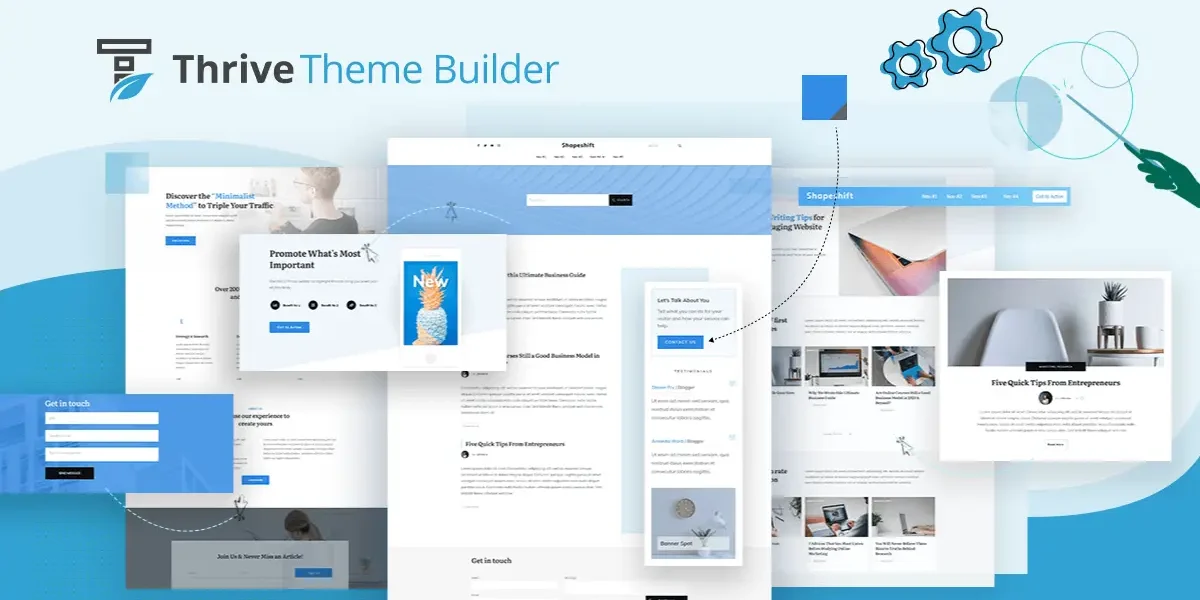UI design inspiration is an essential element for every designer who aims to create user-friendly, functional, and visually appealing interfaces. Whether you’re working on a mobile app, website, or software interface, having a solid foundation of design ideas and creativity can significantly enhance your project’s success. In this article, we will explore innovative UI design concepts and provide actionable tips to help you find UI design inspiration that is both unique and impactful.
What is UI Design Inspiration?
UI design inspiration refers to the creative ideas and visual elements that influence how a user interface looks and functions. It often draws from various sources, including design trends, user feedback, color palettes, typography, and innovative concepts that can help elevate a design to the next level. Drawing inspiration is crucial because it helps you break free from design blocks, creates fresh ideas, and leads to the development of meaningful and effective user interfaces.
Why UI Design Inspiration is Crucial for Every Designer
- Improves Creativity: Inspiration sparks creativity and encourages experimentation, helping you think outside the box.
- Keeps You Updated: The design world evolves quickly, and drawing from innovative UI design concepts ensures you stay up-to-date with the latest trends.
- Enhances User Experience: By understanding how other successful designs have evolved, you can implement similar strategies that prioritize user-centric designs.
- Expands Design Language: Inspiration from various sources helps diversify your design vocabulary, making your UI more flexible and adaptable.
Where to Find UI Design Inspiration
Designers have a myriad of sources where they can gather ideas and inspiration. Let’s explore some of the most effective ones:
1. Design Platforms and Websites
Websites like Dribbble, Behance, and Awwwards showcase the latest UI design trends and innovative concepts. Browsing through these platforms provides you with a wealth of examples to inspire your designs.
2. Design Books and Magazines
Many books focus on UI and UX design and offer timeless inspiration. Publications like Smashing Magazine or UX Design often feature detailed case studies of successful interfaces that can guide your design process.
3. Design Communities
Participating in online design communities (like Reddit’s /r/UserExperience or Designer Hangout on Slack) allows you to learn from others, share ideas, and get valuable feedback. These discussions often provide inspiration for new approaches to UI design.
4. Nature and Art
Sometimes, the best user-centric interface design inspiration can come from the world around you. Nature, art, and architecture can provide organic, beautiful shapes, colors, and patterns that can influence your design choices.
5. Competitor Analysis
Taking a closer look at your competitors’ UIs can give you insights into what works and what doesn’t. This can also inspire you to innovate and make your design stand out with unique features and functionalities.
Key Elements to Consider When Drawing UI Design Inspiration
When seeking UI design inspiration, it’s important to pay attention to several key elements that make a design both functional and appealing:
1. Visual Hierarchy
Effective UI designs use visual hierarchy to guide the user’s eye toward the most important elements. It is critical to understand how typography, color, and layout influence the prioritization of information.
- Bold headings: Make important information stand out.
- White space: Helps in emphasizing content by providing breathing room.
2. Consistency
Consistency in UI design ensures that all elements follow a predictable pattern. This includes consistent color schemes, typography, button styles, and navigation structure.
3. Simplicity
An overly complex interface can confuse users. Strive for simplicity in your designs by minimizing unnecessary elements and focusing on the core functionality.
4. Accessibility
Designs should be accessible to all users, including those with disabilities. UI elements such as buttons, forms, and text should be easy to read and interact with.
5. Responsiveness
With the rise of mobile browsing, it’s important to create user-centric interface design inspiration that adapts to all screen sizes. Ensure that your design is responsive and functions seamlessly across devices.
How to Integrate UI Design Inspiration into Your Project
Once you gather enough UI design inspiration, it’s time to translate those ideas into your project. Here’s a step-by-step guide to integrating inspiration effectively:
Step 1: Define Your Objectives
Before jumping into design, clearly define the goals of your project. What kind of user experience do you want to offer? What actions do you want users to take?
Step 2: Research and Collect Design References
Using the sources mentioned earlier, start collecting design references that align with your project’s objectives. You can save them to a design board on platforms like Pinterest or Milanote for easy access.
Step 3: Start with Wireframes
Once you have your references, sketch out wireframes to define the basic layout of your UI. These don’t need to be high-fidelity at first—just focus on positioning key elements like buttons, navigation menus, and content blocks.
Step 4: Experiment with Color, Typography, and Imagery
Next, focus on the aesthetic aspects of the design. Play around with color schemes, typography, and images. Keep in mind that color psychology and readability play an essential role in UI design.
Step 5: Get User Feedback
After building a prototype, test your design with real users. Gather feedback on usability, clarity, and overall experience. Use this information to make improvements and adjustments.
Step 6: Refine Your Design
Based on user feedback, make the necessary refinements to your design. This could involve changing the color scheme, simplifying the navigation, or tweaking the layout for better flow.
Table: UI Design Inspiration Sources Comparison
| Source | Description | Best For | Examples of Usage |
|---|---|---|---|
| Dribbble | A platform for designers to showcase their work | Finding creative and cutting-edge designs | Inspiration for icons, buttons, and layouts |
| Behance | A design community showcasing portfolios | Exploring comprehensive design projects | UI/UX case studies and complete website designs |
| Nature & Art | Organic forms and colors from nature and art | Conceptualizing unique UI features | Color schemes, shapes, and textures |
| Competitor Websites | Analyzing the UI of competitor apps/websites | Identifying industry standards and trends | Interface elements, feature comparisons |
| UX Design Blogs | Articles and tutorials by industry experts | Learning about user-centric design | Best practices, case studies, and trends |
Frequently Asked Questions (FAQs)
1. Where can I find UI design inspiration?
You can find UI design inspiration on platforms like Dribbble, Behance, Pinterest, and through nature or competitor analysis.
2. What are innovative UI design concepts?
Innovative UI design concepts refer to new and creative ways of designing interfaces that go beyond traditional methods. These may include unique interactions, animations, or layouts.
3. Why is user-centric interface design inspiration important?
User-centric interface design inspiration ensures that your design is focused on the user’s needs and behavior, leading to a better overall experience and higher engagement.
4. How can I integrate inspiration into my project?
To integrate inspiration, define your project’s goals, research design references, create wireframes, experiment with aesthetics, gather user feedback, and refine your design.
5. What makes a UI design successful?
A successful UI design is intuitive, aesthetically pleasing, consistent, and focused on delivering an outstanding user experience.
Conclusion
Incorporating UI design inspiration into your work is crucial for creating interfaces that are not only visually appealing but also user-friendly and functional. Whether you’re drawing from innovative UI design concepts, looking for user-centric interface design inspiration, or experimenting with your unique ideas, remember that the ultimate goal is to enhance the user experience. By following the steps outlined in this article and constantly refining your designs, you’ll be able to create interfaces that not only meet but exceed user expectations.



